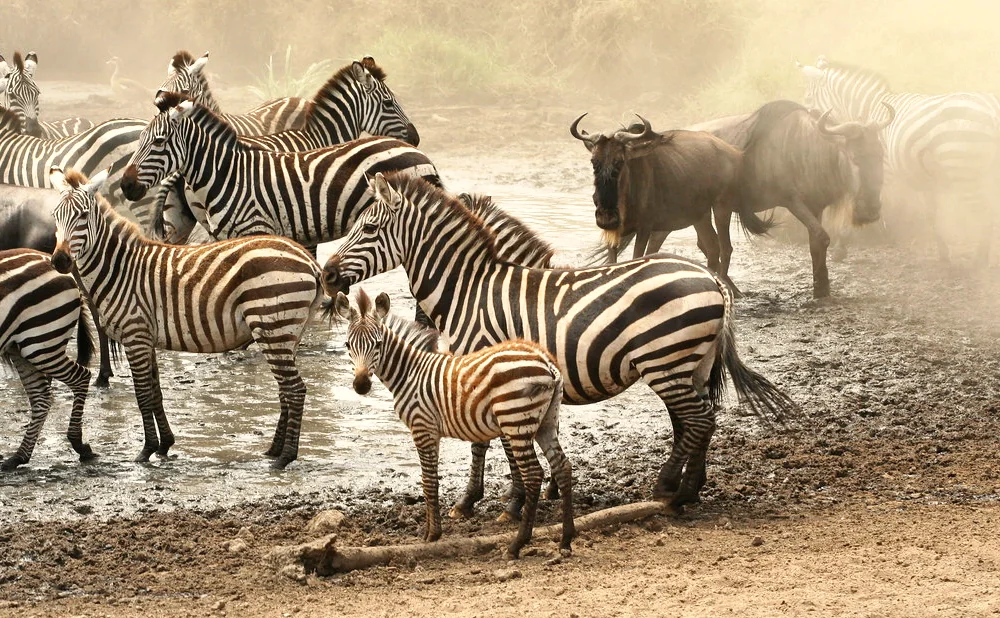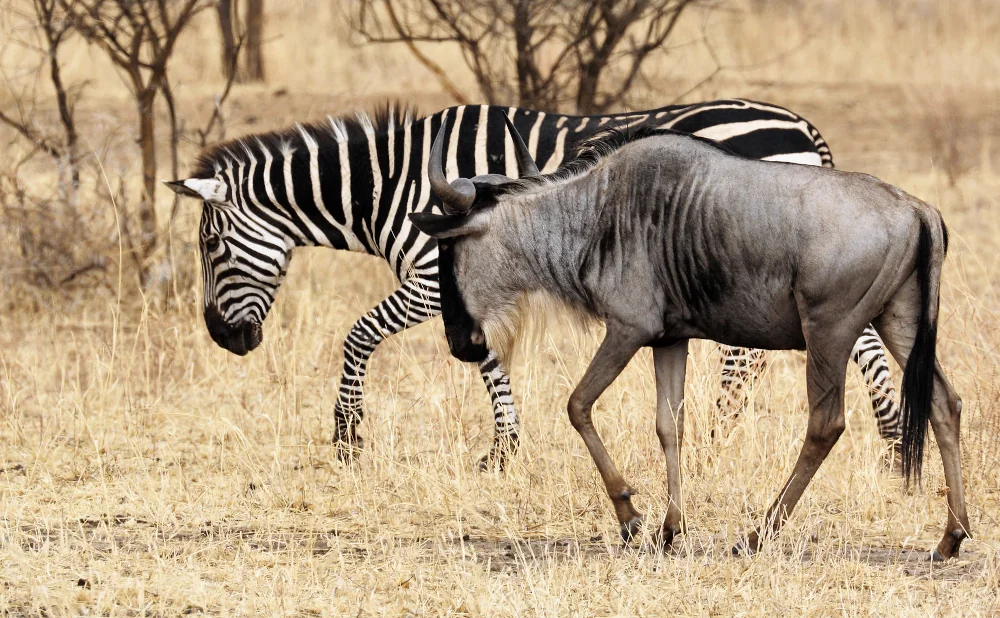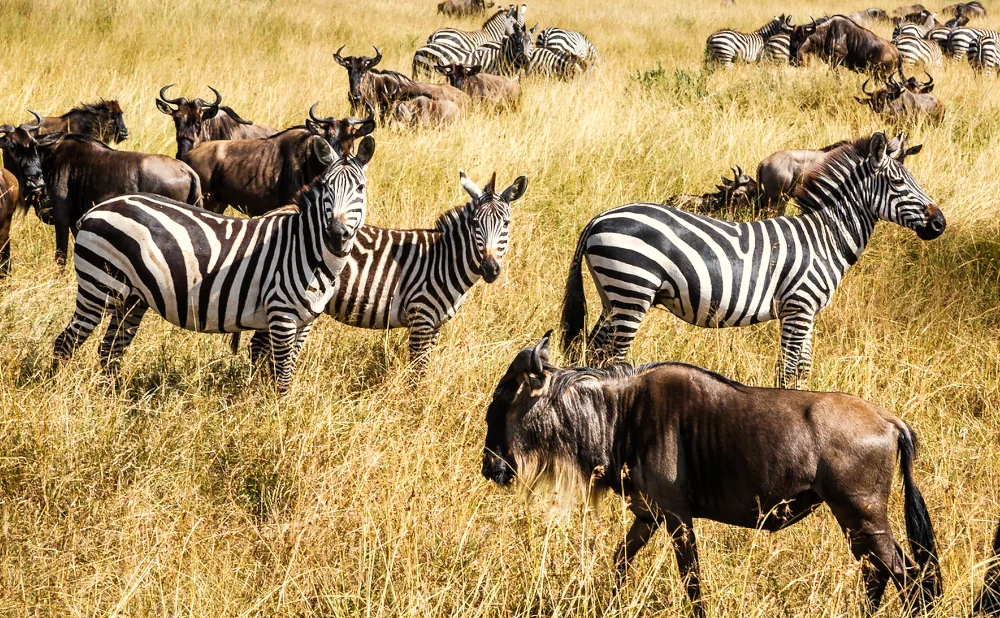do lions attack humans for no reason
Lions, majestic and powerful, often spark curiosity and fear in equal measure. A common question that arises is, "Do lions attack humans for no reason?"
The answer is not as straightforward as it may seem. It involves understanding the complex behavior of these big cats and their interactions with humans.
In this article, we delve into the factors that may provoke a lion to attack, and how such incidents can be prevented. Join us as we explore the intricate dynamics between humans and lions.
Understanding Lion Behavior and Human Interaction
Lions are not naturally aggressive towards humans. They are, after all, wild animals with their own set of instincts and behaviors.
Most lion attacks on humans occur when their natural prey is scarce. This forces them to seek alternative food sources, which can sometimes include humans.
Another factor is the encroachment of human settlements into lion habitats. This increases the likelihood of encounters, and subsequently, attacks.
Understanding these dynamics is crucial. It helps us realize that lions do not attack humans without reason.
In the following sections, we will delve deeper into the factors contributing to lion attacks on humans.
Factors Contributing to Lion Attacks on Humans
Several factors contribute to lion attacks on humans. Understanding these can help us mitigate risks and promote coexistence.
One major factor is habitat encroachment. As human settlements expand into lion territories, encounters become more frequent.
Habitat Encroachment and Prey Scarcity
Habitat encroachment often leads to prey scarcity. Lions, being opportunistic hunters, may then view humans as potential prey.
This is particularly true for sick or injured lions. They are less able to hunt their natural prey and may resort to easier targets, including humans.
Defensive Behavior and Provocation
Lions may also attack humans out of defensive behavior. This is especially true if they feel threatened or surprised.
For instance, a person inadvertently coming between a lioness and her cubs may provoke an attack. Understanding lion behavior and signs of aggression can help avoid such situations.
The Role of Conservation in Preventing Attacks
Conservation efforts play a crucial role in preventing lion attacks. They aim to reduce human-lion conflicts by promoting coexistence.
This includes educating local populations about lion behavior. It also involves implementing measures like proper waste disposal and securing food sources to deter lions from approaching human settlements.
How to Reduce the Risk of Lion Attacks
Reducing the risk of lion attacks involves a combination of safety measures, education, and conservation efforts. These measures are crucial in areas where lions and humans coexist.
Avoiding areas where lions are known to hunt during their active periods can prevent encounters.
Maintaining a respectful distance from lions in the wild is crucial.
Understanding lion behavior and signs of aggression can help avoid provoking an attack.
Safety Measures and Education
Safety measures and education are key in preventing lion attacks. This includes understanding that lions are more likely to attack individuals who are alone.
Moreover, it's important to know that lions are more likely to attack if they are habituated to human presence. Therefore, avoiding unnecessary interaction with lions is crucial.
Community-Based Conservation Efforts
Community-based conservation efforts play a significant role in reducing lion attacks. These efforts promote coexistence through education and awareness.
For instance, some regions have implemented lion guardian programs. These programs train local people to monitor lion movements and alert communities of nearby lions, thereby mitigating conflicts.
Coexistence Between Lions and Humans
Promoting coexistence between lions and humans is key to reducing attacks. This involves a combination of education, safety measures, and conservation efforts.
Ultimately, understanding the importance of lions in the ecosystem can foster a healthier relationship between humans and these majestic creatures.











